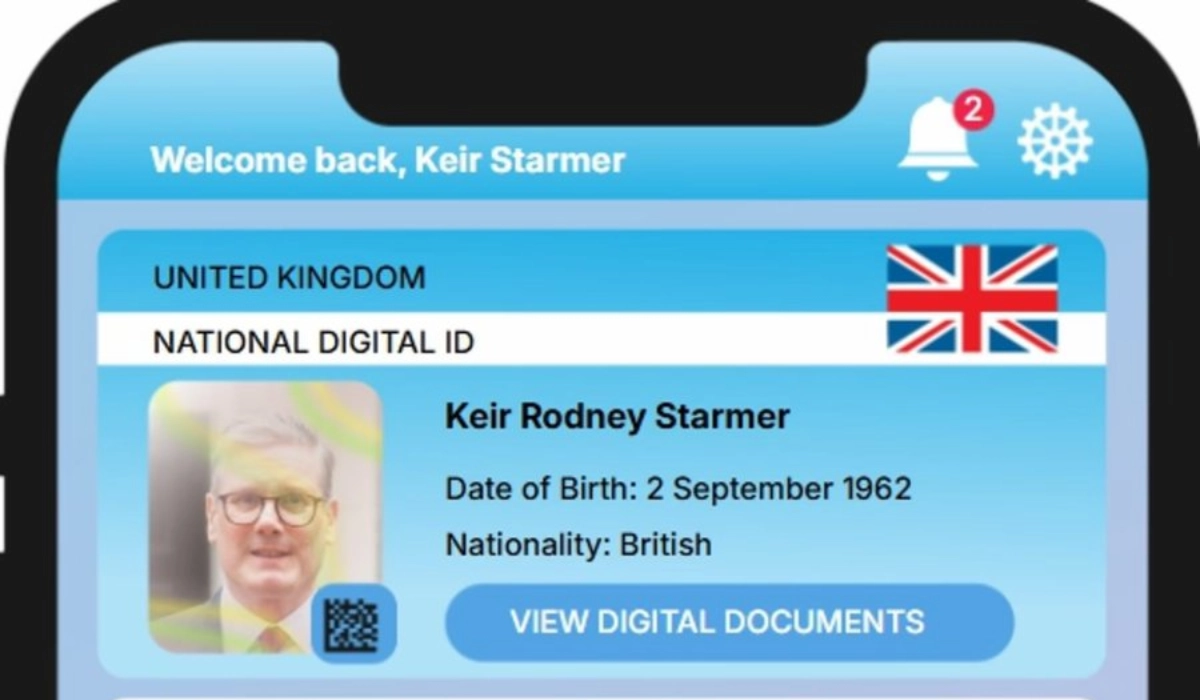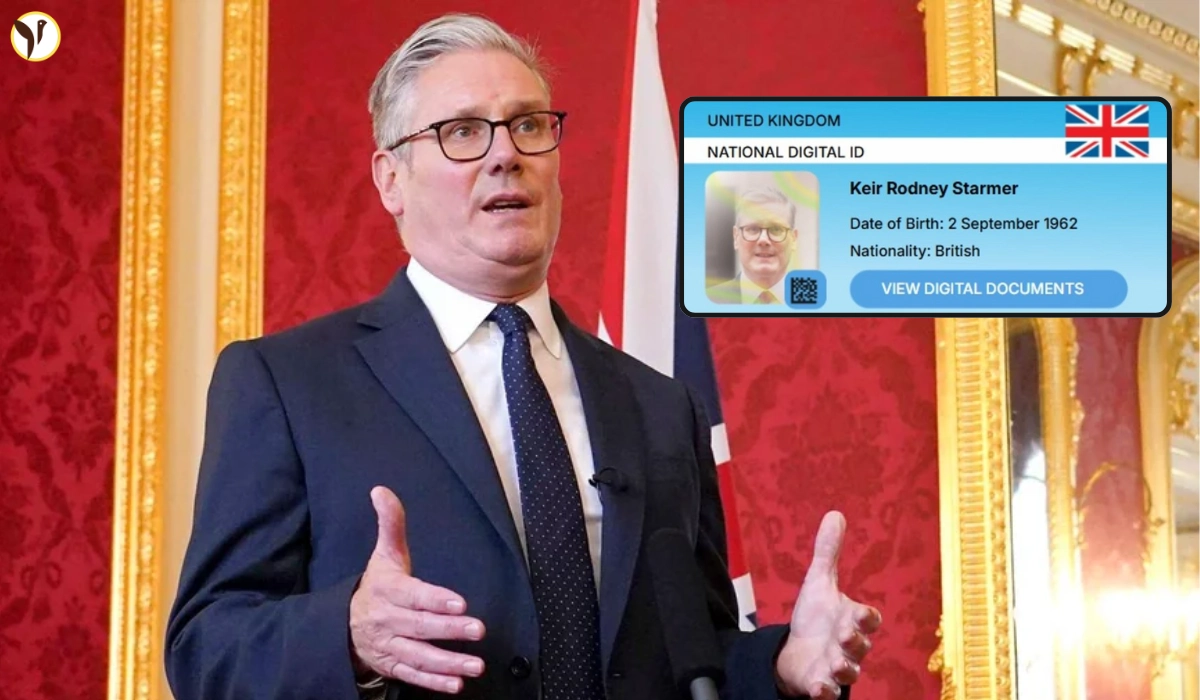Imagine starting your new job—and needing a “Brit card” to prove who you are. Will the UK’s big digital ID plan change everything about work and life? Let’s break it down.
Keir Starmer’s Big Announcement: Digital ID Cards for Every UK Adult
UK Prime Minister Keir Starmer has officially announced his government’s plan to roll out mandatory digital ID cards, called the “Brit card,” for all adults across the country. The new digital identity scheme aims to:
-
Tackle illegal immigration and stop people from working without the right permissions
-
Modernize Britain’s public services, reducing paperwork and making it easier to prove identity
-
Help employers, landlords, and renters quickly check who can legally work or live in the UK
Starmer described the move as a necessary update, comparing modern digital life—where most people use ID for phones, apps, and banking—to old-fashioned paper documents.

How Will the Brit Card UK Digital ID Work?
-
Every working adult in the UK will get a secure digital credential, linked to a central government database
-
New hires and renters will have to show their Brit card for fast verification
-
The government says the digital ID will be free of charge
-
Help will be given to anyone who doesn’t own a smartphone or passport
Brit card checks could become routine for jobs, renting, banking, and government services.
Why Is the UK Government Rushing to Deliver Digital ID?
Migration is a hot topic. With boat crossings and migrant arrivals at record highs, Starmer says tough digital checks will help stop illegal working—one of the UK’s biggest pull factors for migration. Countries like Estonia, which use digital ID for almost every public service, inspired this move.
French President Emmanuel Macron has also pressured the UK to make it “less attractive” for illegal migrants. Supporters believe this ID will slow the black market and protect vulnerable workers.
Social Buzz: What People Are Saying Online
The discussion on X (Twitter) and Instagram is fast and divided. Some users highlight digital IDs making life easier and faster (like Forza Horizon’s recent streamlined app updates). Others echo concerns about privacy or “too much control.”
A user @drhingram wrote on x:
"Me in 2028 using my Brit Card to request three minutes of government-supervised internet access so that I can post a picture of my cat"
Me in 2028 using my Brit Card to request three minutes of government-supervised internet access so that I can post a picture of my cat pic.twitter.com/SKh4mzswHA
— Dr Helen Ingram (@drhingram) September 25, 2025
The Debate: Security Upgrade or “Dystopian” Overreach?
Not everyone is a fan:
-
Civil liberties groups warn it could lead to privacy risks or misuse of data
-
Some worry about forcing unauthorized migrants further “into the shadows”
-
The UK tried a similar ID card idea in the 2000s under Tony Blair—but dropped it after huge backlash
Starmer argues public attitudes have changed. Most younger people already use digital systems every day and may find a digital ID convenient—not intrusive.
When Will the Brit Card Be Available?
There’s no firm date yet:
-
The plan needs consultation, debate, and new legislation, which could take months
-
The digital ID rollout could begin before the end of the current Parliament, officials say
What Could Change for Ordinary People?
-
Faster verification for work, housing, and public services
-
Less chance of fraud or fake documents
-
Possible new hoops for jobs and renting—but simplified online processes
-
But some also are saying that it will end privacy forever.
Neil Oliver issues a stark warning about the government's proposed Digital ID, the "BritCard." He identifies it not as a simple piece of plastic, but as the integrated surveillance mechanism that will end privacy forever.
— Camus (@newstart_2024) September 24, 2025
This Digital ID system is designed to be the single key… pic.twitter.com/JEn4jslGuu
Extra Insights: Inspiration from Estonia and Tech Trends
The government took notes from Estonia’s wildly successful e-ID system—where citizens use a single digital ID for voting, healthcare, and more. Many tech experts say countries with digital IDs have faster, smarter services. The challenge for the UK is winning trust on security and privacy.









